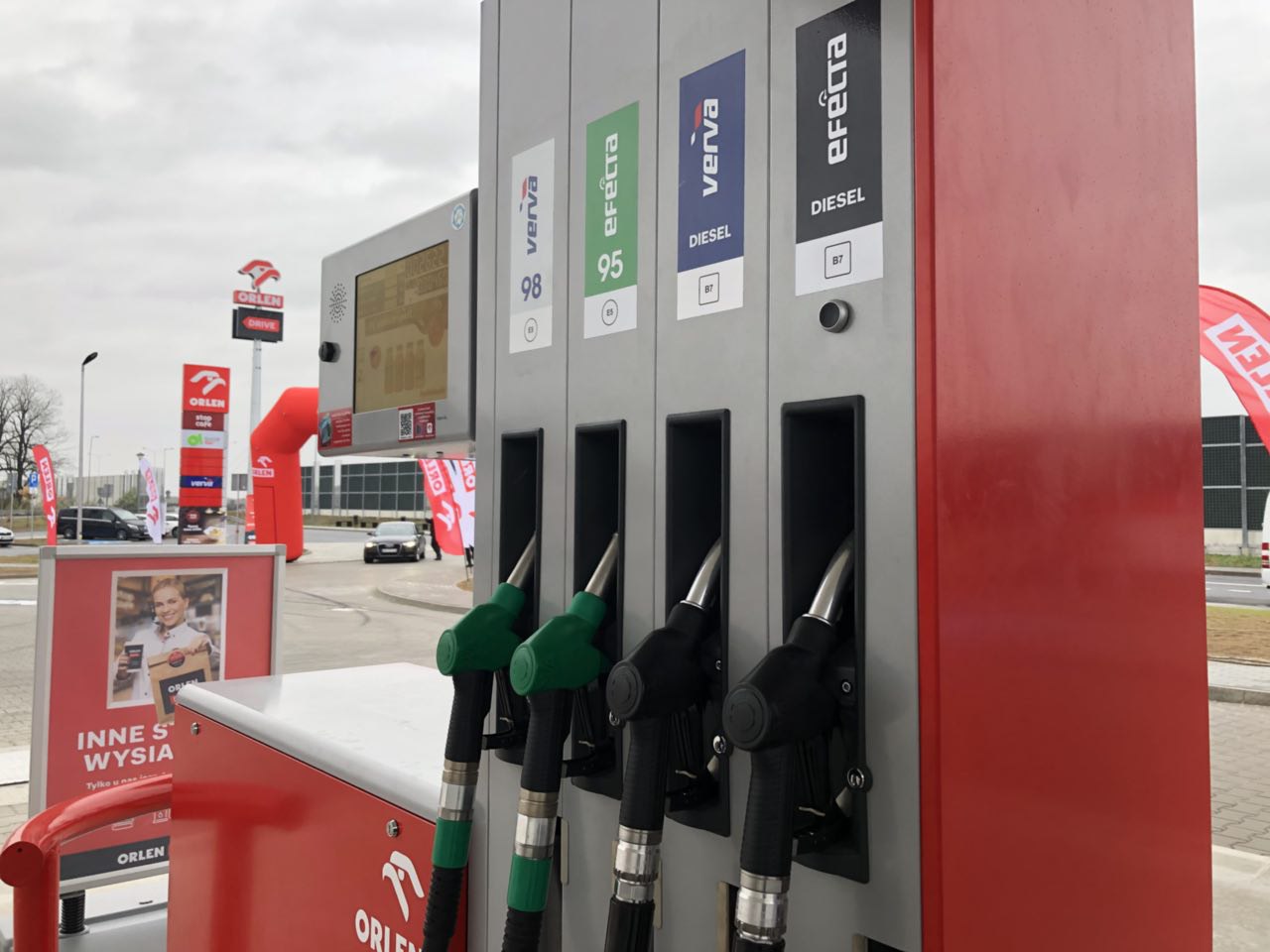The fuel crisis in Russia could spill over due to a Kremlin decree banning fuel exports to the entire region. This may be another act of the energy crisis impacting prices at gas stations, so Poland must keep an eye on strategic fuel stocks to avoid the worst-case scenario – shortages – writes Wojciech Jakóbik, editor-in-chief at BiznesAlert.pl.
Analysts are wondering whether lower oil and fuel supplies will jeopardize security of supply in the region, while Russia bans exports of gasoline and diesel fuel dispelling doubts. This means smaller supply, higher prices, and perhaps the next stage of the energy crisis fueled by the Russians.
The decree of the Kremlin on the blockade of fuel exports was announced on September 21 it will enter into force on the day of its publication. It is indefinite and is valid until further notice. Exceptions are deliveries outside Russia, which serve to supply the domestic market, under humanitarian aid, intergovernmental agreements with the countries of the Eurasian Economic Union, fuel already transferred for delivery, deliveries to the puppet republics of Abkhazia and South Ossetia in Georgia.
The fuel crisis in Russia is symptomatic of a larger problem facing the refining industry in Europe, which is struggling with capacity curtailed by autumn overhauls and processing reduced due to oil supply constraints stemming from sanctions on Russia for its invasion of Ukraine on the one hand, and production cuts introduced by the OPEC+ oil agreement and exports under the additional Russian-Saudi pact on the other. Lower oil supply reduces fuel processing in refineries. This is due to the fact that refineries are now in autumn maintenance downtime across Europe, and a drop in processing after the coronavirus pandemic. All this together gives the prospect of a decline in fuel supply, which is visible in rising prices everywhere in Europe except Poland.
Poland does not import fuel from Russia. It is obliged to store fuel stocks for 90 days of demand in accordance with the recommendations of the International Energy Agency. The European Union imposed a maritime embargo and a maximum price on other supplies of Russian fuel. In this context, it is important to use these stocks only for security and replenish them when the price of fuel will be more favorable. Polityka Insight warned that before the election, these stocks could be used to deliberately lower prices at gas stations. Such a move would be a threat to security of supply in Poland.
„Oil and fuel reserves monitored by the Government Agency for Strategic Reserves have been at the level required by the Act of 16 February 2007 on Oil Reserves, Oil Products and Natural Gas and Rules on Handling Threats to the Country’s Oil Security and Disturbances on the Oil Market,” the Agency said. „The basis and procedure for issuing decisions in the field of emergency release of oil or fuels are set out in the above-mentioned Act, and the competent authority to make decisions in this area is the Minister of Climate and Environment. Moreover, the level of stocks depends on the domestic consumption of petroleum products,” the Government Agency for Strategic Reserves explains. If consumption falls, for example, due to economic problems and the destruction of demand caused by high prices, the level of stocks may decrease proportionately, because they should last for 90 days of average consumption.
This fall has been reflected in a report for the first half of the year published by the private oil company Unimot. „The deterioration of economic development has had an impact on the decline in diesel consumption in Poland. In addition, since February 5, there has been an embargo on the import of this fuel from Russia. At the beginning of the year, there were concerns about the availability of diesel after the embargo, however, it quickly became clear that the product was available, but its import was becoming less profitable from month to month due to a decline in the so-called land premium, which determines the profitability of imports,” the document said.
„Concerns about the availability of diesel ahead of the February 5, 2023, embargo on this product from Russia caused increased demand, thanks to which the Unimot Group achieved an additional margin,” the company explains. „However, over time, this situation began to change and from the beginning of the second quarter of 2023, there was pressure on the diesel market, which was a consequence of reduced consumption while there was an oversupply of this product. In the second quarter of 2023 this market environment reduced the profitability of diesel imports,” the report said. That means, diesel importers did not have market incentives to increase imports. Now things will be more difficult because of the additional decline in supplies from Russia to the European market.
The spectre of the spillover of the fuel crisis from Russia to the region should dictate caution in limiting the volume of strategic stocks in Poland before the elections. It is necessary to admit the possibility that the Russian decree pursues two goals at once. The first is to lower prices at Russian stations in order to further combat the ruble crisis and galloping inflation. The second is – as in the case of the energy crisis fueled by Gazprom – to spread the fuel crisis to gas stations in Europe, including Poland. Where there will be strategic stocks, this crisis will be felt in the form of a higher price. Where supplies run out, there may be shortages. Once again, it is clear how far-sighted the decision to introduce the law on oil, gas and fuel stocks in Poland was.









